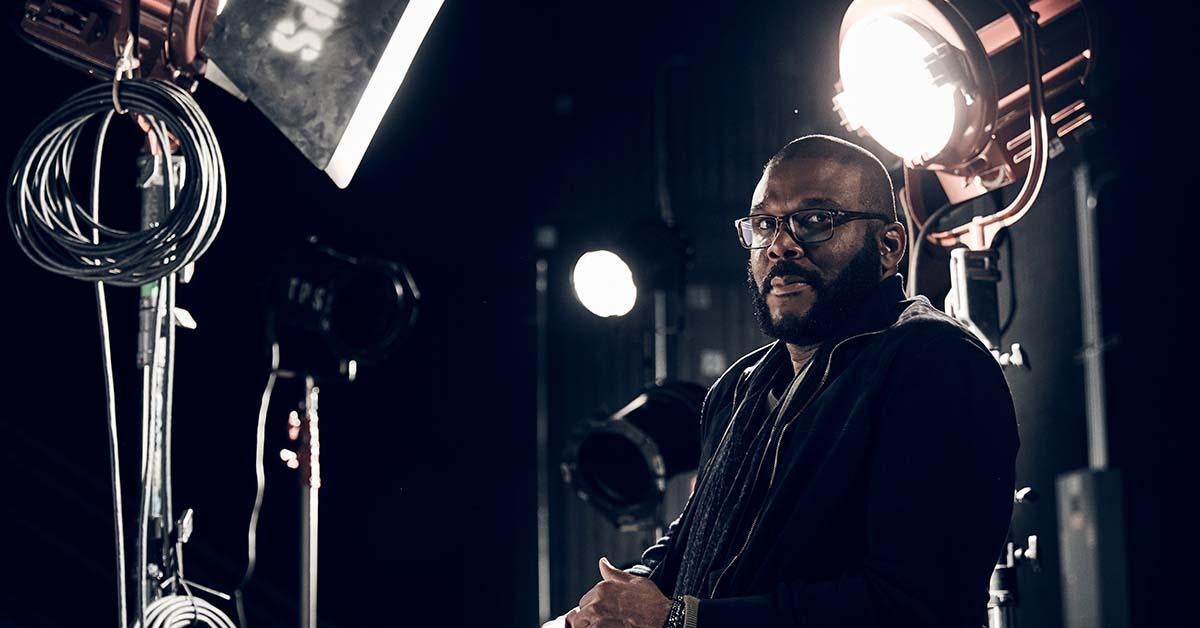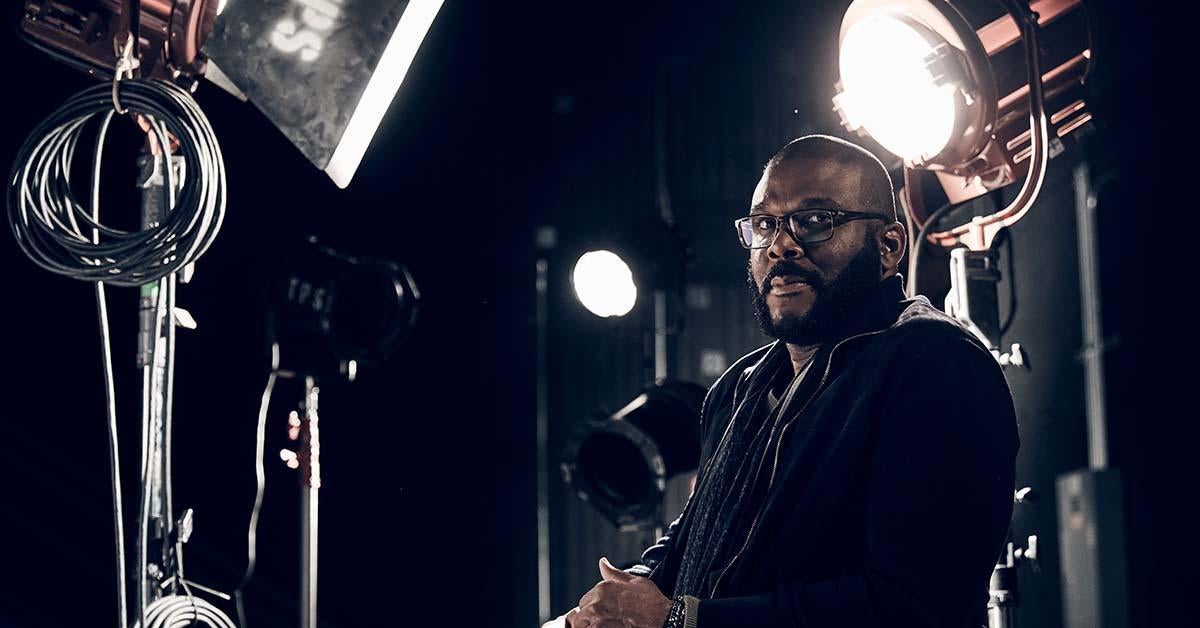
The filmmaker’s expansion will be on hold as AI technology is further explored.
The issue of AI has been a hot topic in the entertainment industry as of late, as the rapid acceleration of the technology has everyone trying to figure out how it will factor into movie and TV production going forward. The new Sora program from OpenAI that launched earlier this month has been especially worrisome, as its talk-to-video concepts could potentially replace jobs throughout the industry. In the wake of the new technology, producers like Tyler Perry are assessing what their next steps will be.
Speaking to The Hollywood Reporter, Perry said that the planned expansion of his studio in Atlanta was actually being put on hold due to the advancements in AI.
“I have been watching AI very closely and watching the advancements very closely,” Perry explained. “I was in the middle of, and have been planning for the last four years, about an $800 million expansion at the studio, which would’ve increased the backlot a tremendous size, we were adding 12 more soundstages. All of that is currently and indefinitely on hold because of Sora and what I’m seeing. I had gotten word over the last year or so that this was coming, but I had no idea until I saw recently the demonstrations of what it’s able to do. It’s shocking to me.”
Perry went on to say that the introduction of this kind of technology could remove the need for certain locations or stages, since the program could create them.
“I no longer would have to travel to locations. If I wanted to be in the snow in Colorado, it’s text. If I wanted to write a scene on the moon, it’s text, and this AI can generate it like nothing,” he continued. “If I wanted to have two people in the living room in the mountains, I don’t have to build a set in the mountains, I don’t have to put a set on my lot. I can sit in an office and do this with a computer, which is shocking to me.
“It makes me worry so much about all of the people in the business. Because as I was looking at it, I immediately started thinking of everyone in the industry who would be affected by this, including actors and grip and electric and transportation and sound and editors, and looking at this, I’m thinking this will touch every corner of our industry.”
